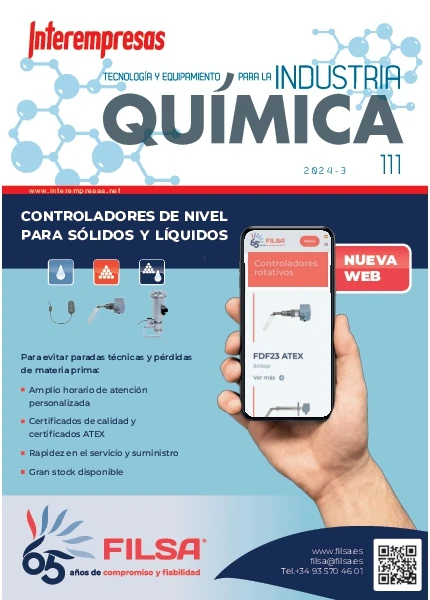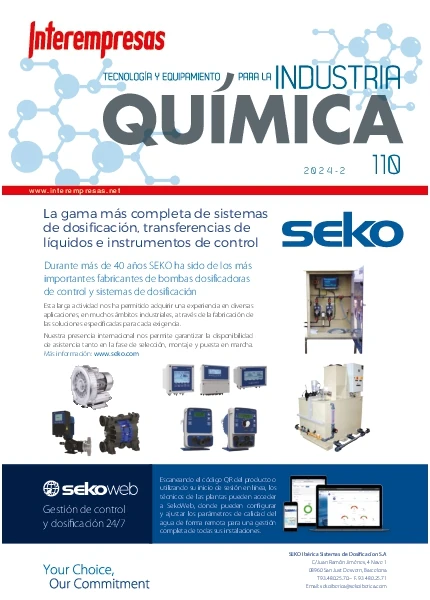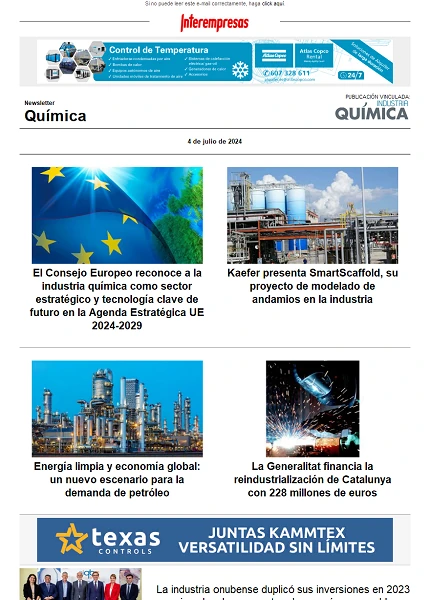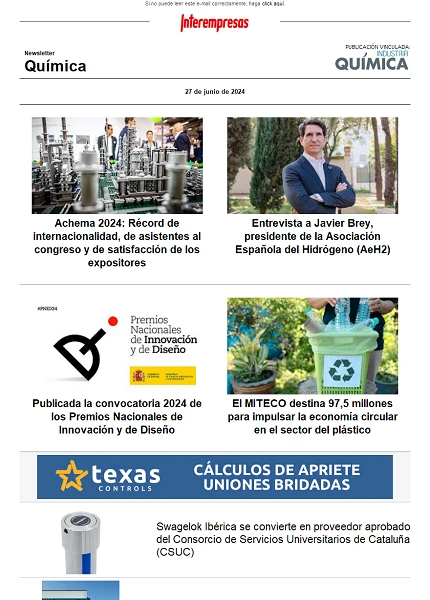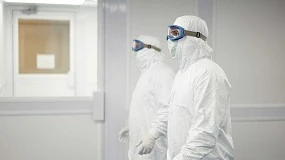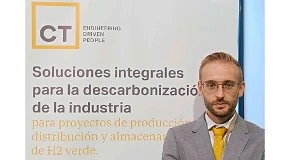Intensive experimentation applied to chemistry

Then researchers develop algorithms to combine some of these parameters each other. The algorithms are introduced in a robot that synthesizes a new generation of molecules in reactors operating in parallel. After studying the activity of the new generation of molecules, to synthesize the following the following. This procedure, consisting of combined parameters of different molecules, called "Combinatorial Chemistry", and significantly reduces the time required to discover new active ingredients.

Combinatorial chemistry
If the chemical industry is accused of pollute, generate explosion risks and risks to health, issue of carbon dioxide into the atmosphere, etc., do not replace the current processes for new ways of synthesis which do not have these drawbacks? That would be ideal, but on what substances may act the combinatorial chemistry? About catalysts, meet researchers.
Most of the reactions of the chemical industry are accelerated through the use of catalysts. These catalysts are "heterogeneous", that is to say that she is not in the same State of aggregation that the reagents or products (for example, are solid when the reactants and products are gaseous). Catalysts do not mix with the products of reaction and can be reused.
Combinatorial chemistry can help to develop new generations of catalysts, enabling new ways of synthesis and new products. These catalysts could eliminate intermediates problematic, but they also would reduce the temperatures, thus reducing the amount of fuel to heat the reactor (and, therefore, the carbon dioxide produced during combustion). They could also adapt to the miniaturized reactors of the future. Thus, reactions "in parallel", carried out in a large number of different microrreactores, would permit better control the parameters of the reactions, and yields.
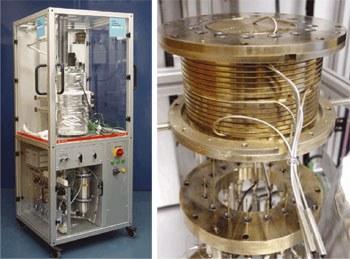
Eleven countries involved
The Topcombi project is coordinated by the Institute for research on catalysis CNRS has in Lyon, in the heart of the Rhône-Alpes region, and which brings together French participation in the program.
The Topcombi working lines will be based on the main problems faced by the industrial partners of the project, and will be three:
- Obtaining fuel and liquid raw materials (and, therefore, easily transportable) for the chemical industry from natural gas, rather than starting from the oil.
- Removal of solvents and Toxics in the synthesis of important intermediates, and removing nitrogen oxides (NOx) in the synthesis of fertilizers of agrochemical sector.
- Development of a new chemistry "green", able to exploit new biorrecursos (especially from the production of biofuels) or for the synthesis of agents of money-laundering.
Of our country, participating in the project, under the heading of large petrochemical companies, the company Repsol, and as a centre of research, the CSIC (Consejo Superior de Investigaciones Científicas).



